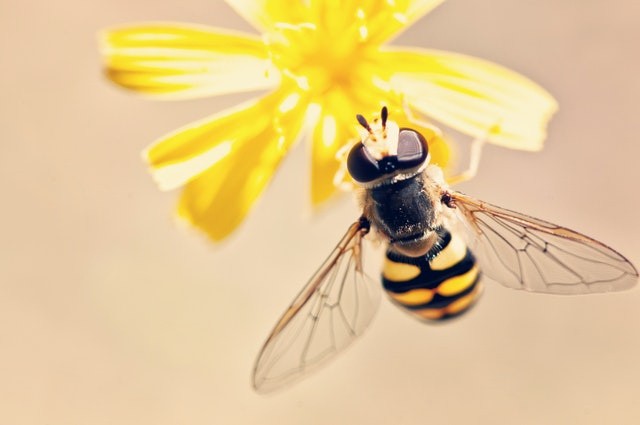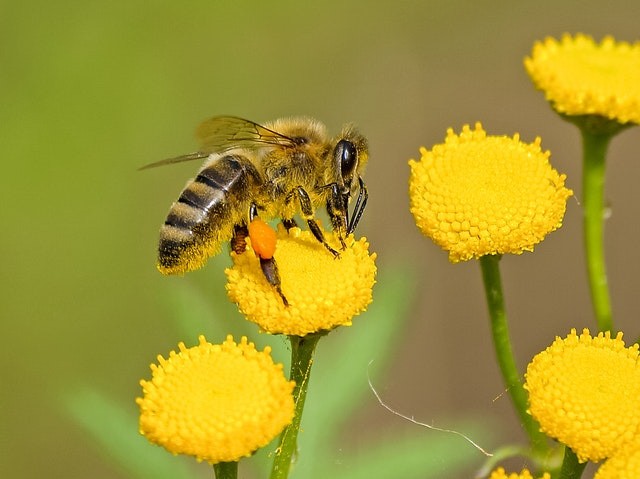The top court of European Union on Thursday confirmed the partial ban of EU on three insecticides associated with harming bees, preventing their use on some crops. The European Court of Justice discharged Bayer's appeal to overturn a lower EU 2018 court decision to uphold the ban.

The Three Active Substances
The ruling covers three active substances - clothianidin that was developed by Takeda Chemical Industries and Bayer CropScience, and also Syngenta's thiamethoxam, imidacloprid that was developed by Bayer CropScience. Bayer's spokesperson said it was discontented by the decision and stood by the protection of the products, which other regions will continue to use with the application of adequate risk mitigation measures.
The spokesperson said: "The judgment seems to permit the (European) Commission almost freedom to analyze existing approvals upon the slightest proof, which does not need to be new scientific data." In 2013, the Commission prohibited the use of neonicotinoids, implying they could not be used on rapeseed, maize, and some spring cereals. They could still be used for crops like sugar beet.
Insecticides Prohibition
The Commission had evaluated the approvals as a result of the loss of bee colonies attributed to the misuse of pesticides. Bayer had said there was a lack of appropriate new scientific knowledge for the justification of the restrictions. On Thursday, the European Union's highest court dissolved that appeal and gave an order to Bayer to bear its own costs including those of other parties.
Andrea Carta, Greenpeace legal strategist said: "The Court of Justice has reaffirmed that safeguarding nature and the health of people takes precedence over the little economic interests of powerful multinationals. Bayer and ChemChina-owned Syngenta had given a warning that prohibiting the insecticides would imply farmers returning to older chemicals and spraying more.
In spite of the ban, 206 emergency authorizations were permitted between 2013 and 2019 to make use of the substances in the EU. As of last year, EU auditors said this use of pesticide, while permitted, was thought to be held accountable for honeybee losses. To safeguard bees, the Commission has suggested targets to reduce by 50% the EU's use of chemical pesticides and to decrease the use of fertilizer by 20% by 2030.

Effects of Pesticides on Bees
Wild bee communities provide unappreciated but critical agricultural pollination services. Given projected global shortages in pollination services, the management of agroecosystems to assist wild bee communities that are thriving is, therefore, central to making sure there is continuous food production.
The importance of natural (including semi-natural) homes for wild bee abundance and diversity on farms are well recorded. By contrast, just few studies have made an examination on the toxicity of pesticides on wild bees, let alone effects of farm-level exposure of pesticide on whole bee communities. Whether useful natural regions could mediate effects of harmful pesticides on wild bees is also undisclosed.
Related Article : 'Bees' Found Living Deep Under the Ocean
For more news, updates about bees and similar topics don't forget to follow Nature World News!
© 2025 NatureWorldNews.com All rights reserved. Do not reproduce without permission.





